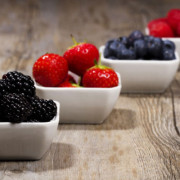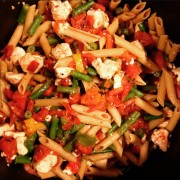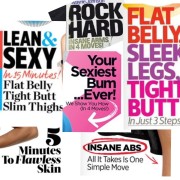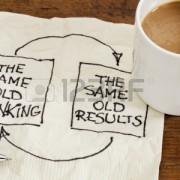Changing the way we think about food (part 1)
“Healthy eating” isn’t about only eating “healthy” food. It’s about having a healthy relationship with ALL the food you eat. ~Angela Doll Carlson
For the last few months, I’ve been thinking a lot about what a healthy relationship with food looks like and why it is so important. After doing some reading on it, I’m amazed at all the things I’ve never really considered and I’m seeing the connection between how we relate to food and many of our most common food struggles.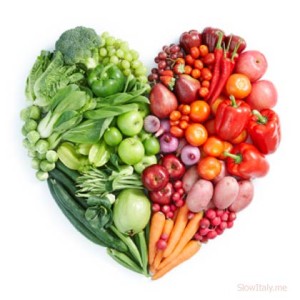
The thing is that food is not in and of itself a moral issue and yet, “we’ve convinced ourselves that the definition of healthy eating is black and white—and that we, by association, are either virtuous or sinful, depending on what we’ve eaten recently. Never mind the fact that this completely ignores what else we’ve eaten that day, what we will be eating, what our specific medical conditions are, and what our individual health goals are.” (Robin Hilmantel)
In all fairness, it’s hard not to think this way when every diet and magazine has a list of good and bad foods and every food zealot out there acts like you are an idiot or a terrible person if you do or don’t eat certain foods. I’ve definitely been guilty of this kind of black and white thinking. While this way of thinking might not seem like that big of a deal (in a lot of ways it feels easier), in the end it leads to a number of issues.
Here’s why I think we need to get rid of this way of thinking and why it’s actually NOT easier…
1) The all-or-nothing mindset
I think we can all agree that the all-or-nothing mindset does not serve us when it comes to building healthy and sustainable habits. Yet, so many of us struggle with it!!
This idea that you’re either on or you’re off based on whatever makes the good list in your mind makes each meal and everything you eat seem like a big deal. We start thinking that we are always just one meal away from failure. In other words, no matter how well you might have eaten the rest of the day or week or month, most of us can easily get completely thrown off by one bad meal or day.
No one is good at handling that much pressure and stress day in and day out, every time they sit down to eat, without eventually cracking. When the stress becomes too much, we go “off” our perfect plan until we get sick of how we feel and/or look, at which point we go back “on”, thus perpetuating the vicious cycle of binging and depriving.
2) Focusing only on what
Here’s the thing: what you eat isn’t as important as we’ve all made it out to be and how you eat is more important than most of us tend to believe.
The human body is an awesome thing. It’s incredibly smart, adaptive, and resilient. It was built to survive. It only makes sense that it would already come with a built-in system that’s really good at letting us know how and what to eat. Unfortunately, instead of listening to our body, most of us eat based on what we’ve heard or think is “best” and have completely lost the ability to tap into the natural signals our body is sending us.
Because guess what….there is no one-size-fits-all! Our bodies are different and therefore, can handle different things. All we have to do is be willing to pay attention.
“In fact, experts agree that we were born with the ability to eat based on our body’s cues. But often, we train ourselves to ignore what our body is telling us because it doesn’t fall in line with what we feel like we “should” eat—or what others are telling us we should be eating.” ~Robin Hilmantel
This leads us right into number 3….
3) Food guilt

“I believe that the guilt we associate with food is far more detrimental to us than the food itself.” ~Dr. Eric Cobb
For most of us there is a huge amount of guilt and shame that goes along with eating and food choices.
When I became a personal trainer, I noticed that people were all of the sudden starting to pay more attention to what I ate. Some were just curious, while others were definitely judging. But then I realized this wasn’t just a problem for trainers. Everybody was paying attention to what everyone else was eating and debating between what they wanted versus what they thought they should get, then feeling the need to explain their choices or comment on other people’s choices.
This is the good or bad list coming into play again. It creates this severe lack of self trust, so that we’re either choosing things based on what we think the people around us will approve of or we feel guilty about what we got. Since guilt and enjoyment can’t really co-exist, most of us have lost that true enjoyment that should come from eating.
This is not the way it should be, and yet, it’s the norm for most of us. Health is supposed to enhance our lives, not make it more burdensome. This is why we need to start changing the way we think about food.
I hope this stuff is as eye-opening and fascinating and helpful to you as it is to me. This stuff is so prevalent and there’s even more to it that I can’t wait to share with you guys, so check out part 2 (about one the biggest reasons we struggle with food) and part 3 (my experiences with a new way of thinking about food and my definition of normal eating)!


